Michael Burry, the hedge fund investor who inspired the film The Big Short, has placed a massive bet against AI-related stocks, sparking a sell-off in the tech sector. Burry's company, Scion Asset Management, revealed that it has purchased a financial product worth $1.1 billion that is betting on a decline in prices for Nvidia and Palantir shares.
According to reports, the financial product, known as a "put option," gives Burry the right to sell Nvidia and Palantir shares at a predetermined price, potentially profiting from a decline in their value. Nvidia, a leading manufacturer of graphics processing units (GPUs) used in AI applications, has seen its stock price surge in recent years, while Palantir, a data analytics company, has also experienced significant growth.
The move by Burry's company has sent shockwaves through the tech sector, with major indexes in Asia experiencing a sell-off on Wednesday. Japan's Nikkei 225 closed 2.5% lower, dragged down by SoftBank, which plummeted over 10%. The US market also felt the impact, with tech stocks experiencing a decline.
The sell-off is attributed to growing concerns about the valuation of AI-related stocks, with many investors warning of an "AI bubble." The rapid growth of the AI industry has led to a surge in valuations, with some companies seeing their stock prices rise by hundreds of percentage points in a short period. However, this rapid growth has also led to concerns about the sustainability of these valuations.
Nvidia and Palantir are two of the leading companies in the AI industry, with Nvidia's GPUs being used in a wide range of applications, from gaming to autonomous vehicles. Palantir, on the other hand, provides data analytics software to governments and corporations.
Burry's bet against AI-related stocks is a significant development, as it highlights the growing concerns about the valuation of these companies. The move also underscores the importance of AI in the tech sector, with many investors and analysts warning of a potential bubble.
The implications of this development are far-reaching, with potential consequences for the tech sector and the broader economy. A decline in AI-related stocks could have a ripple effect on the entire tech sector, potentially leading to a broader sell-off. Additionally, a correction in the AI bubble could have significant implications for the companies involved, potentially leading to a decline in their valuations.
In conclusion, Michael Burry's massive bet against AI-related stocks has sent shockwaves through the tech sector, highlighting growing concerns about the valuation of these companies. The implications of this development are far-reaching, with potential consequences for the tech sector and the broader economy. As the AI industry continues to grow and evolve, investors and analysts will be closely watching the developments in this space.
In recent developments, the AI industry has seen significant growth, with many companies experiencing rapid valuations. However, this growth has also led to concerns about the sustainability of these valuations. The AI bubble has been a topic of discussion among investors and analysts, with many warning of a potential correction.
The use of AI in various industries has led to significant advancements, from healthcare to finance. However, the rapid growth of the AI industry has also led to concerns about the ethics and accountability of these systems. As AI continues to evolve, it is essential to address these concerns and ensure that these systems are developed and used responsibly.
In the future, the AI industry is expected to continue growing, with many companies investing heavily in AI research and development. However, the implications of this growth will need to be carefully considered, with a focus on ensuring that these systems are developed and used responsibly.



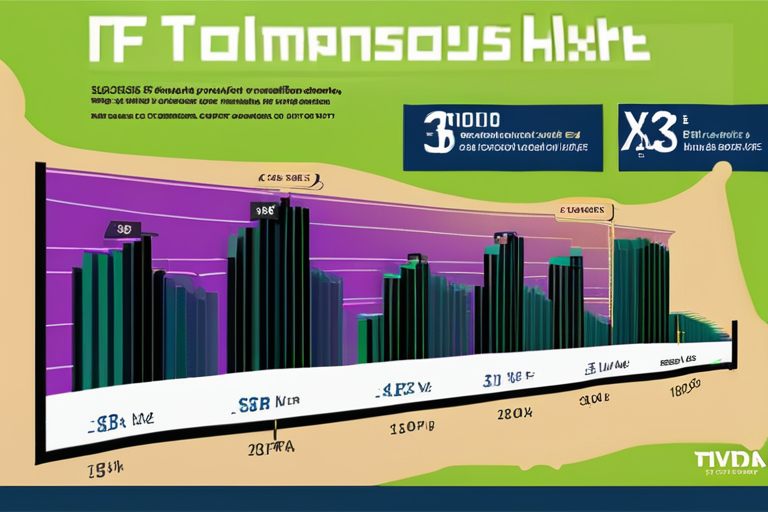
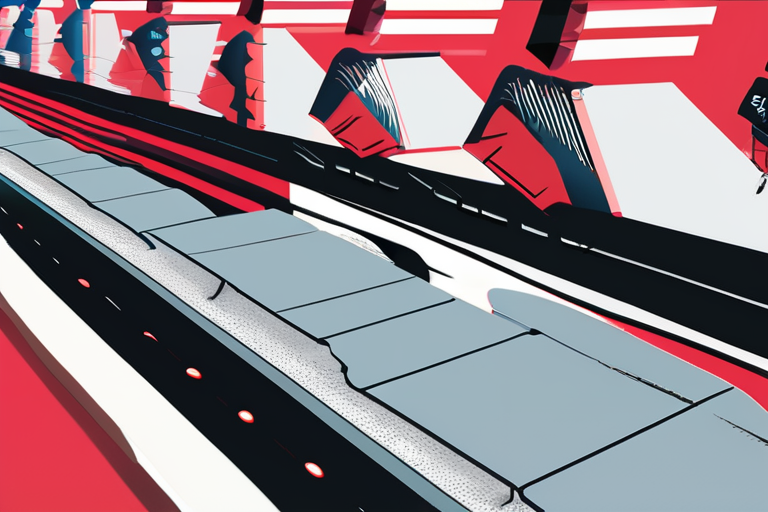

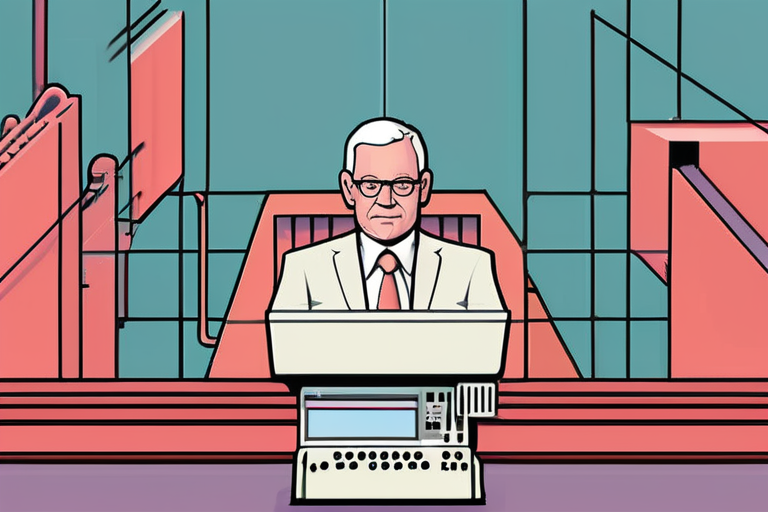





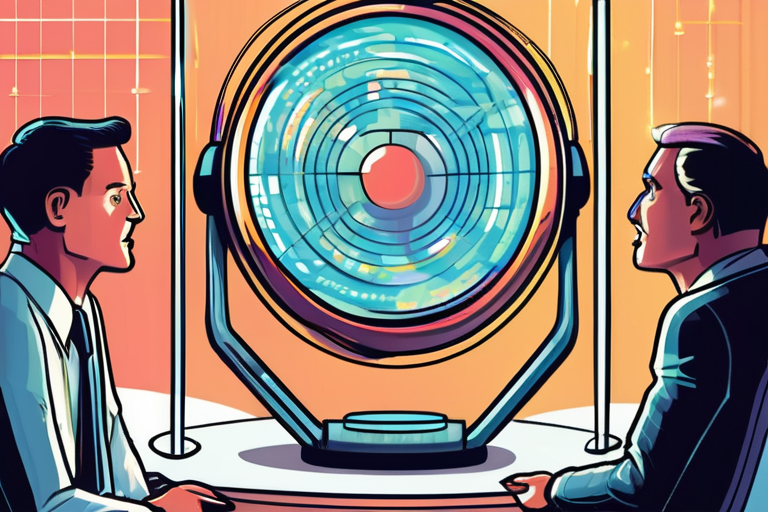




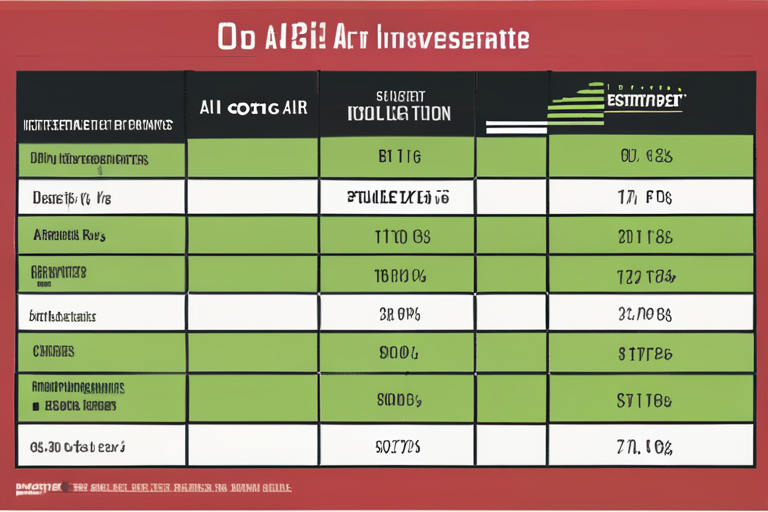

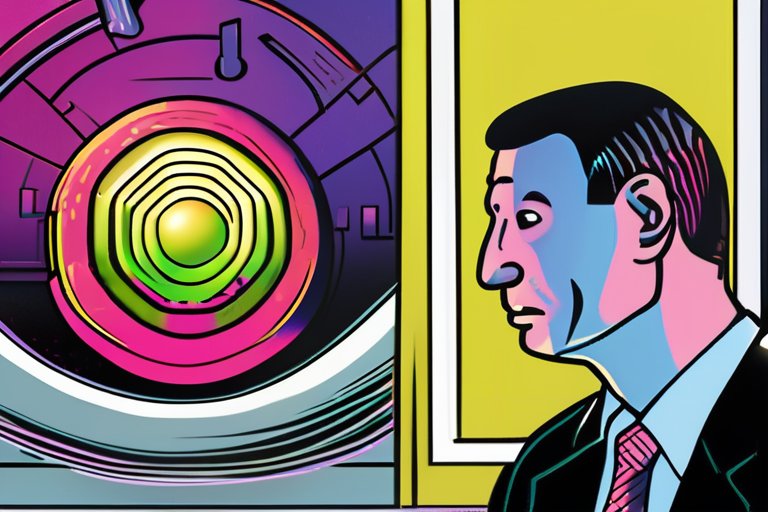


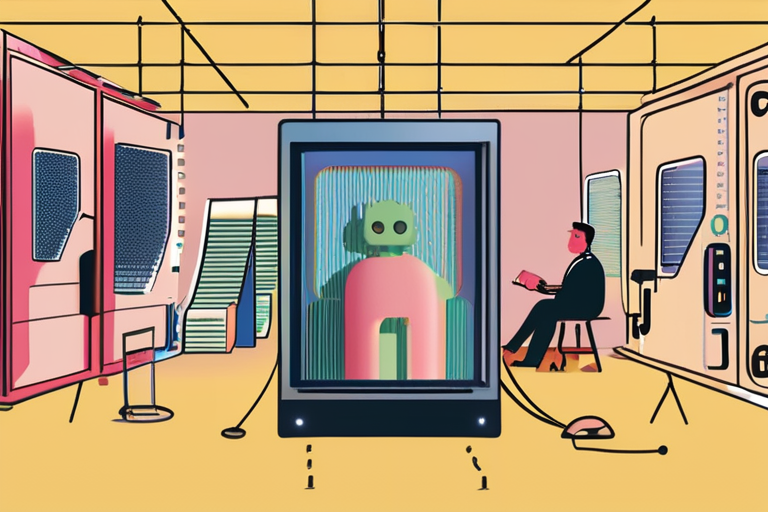


Share & Engage Share
Share this article